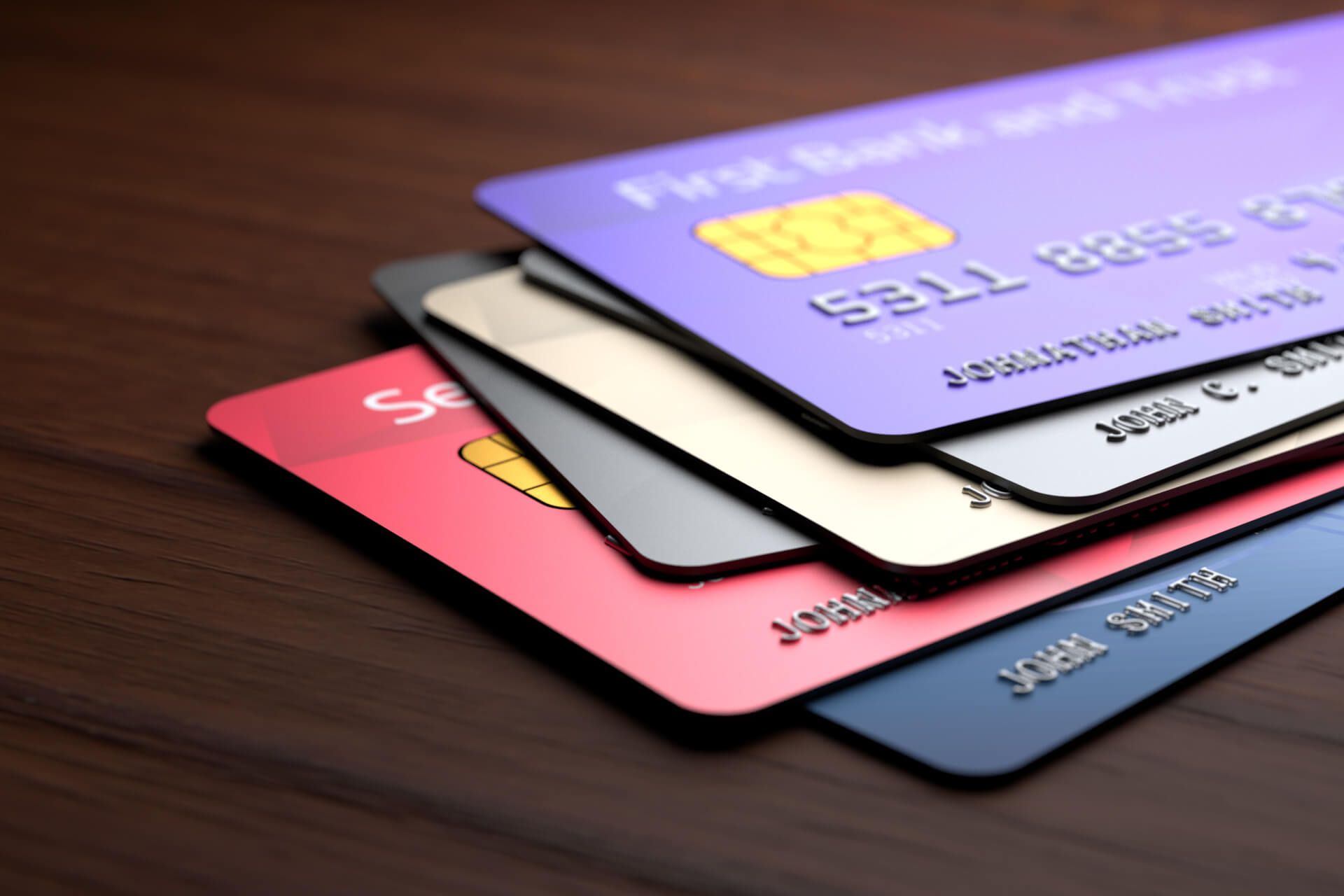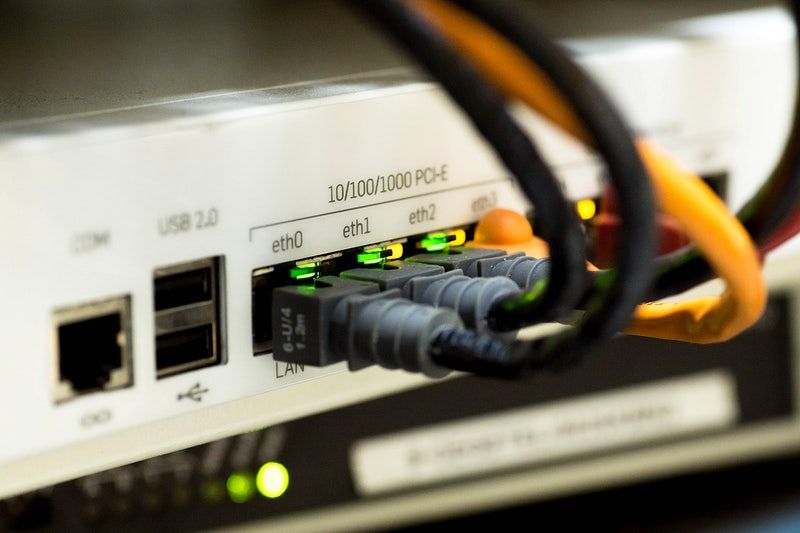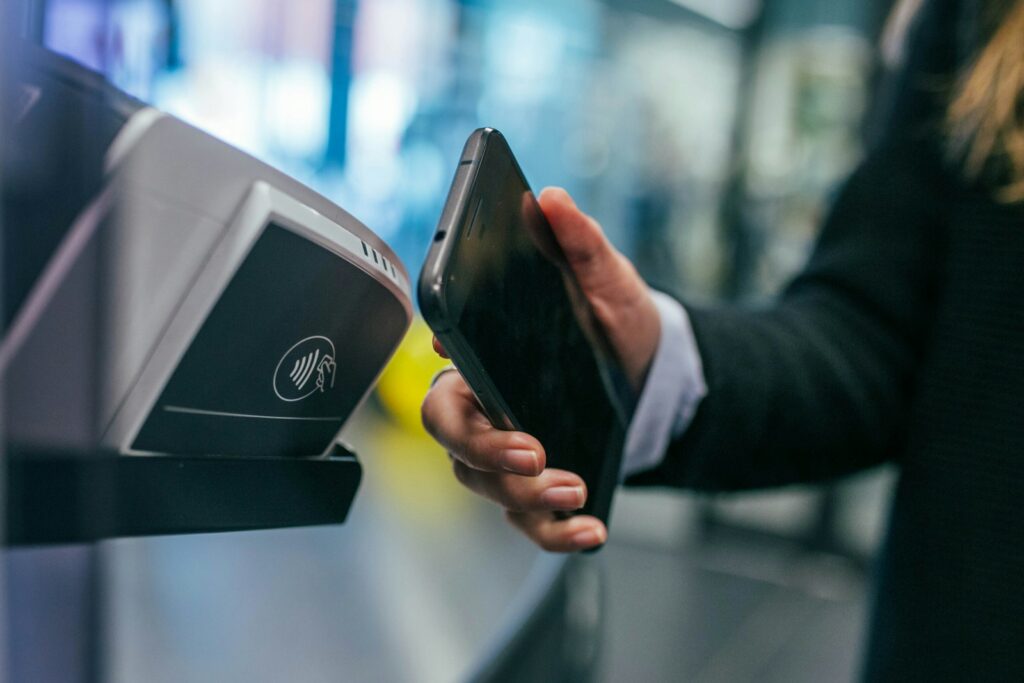
In our fast-paced modern world, the allure of autopay is undeniable. This automated payment system, designed to effortlessly manage your recurring bills by withdrawing funds directly from your bank account or charging your credit card, promises unparalleled convenience. It’s a tempting shortcut, a way to reclaim precious time and largely eliminate the stress of missed deadlines or late fees, making your financial life seem simpler and more streamlined.
Yet, as with many seemingly perfect solutions, there’s a crucial catch. While autopay can be an incredibly powerful tool in your financial toolkit, it requires judicious use. Financial experts universally caution that not all bills are created equal, and some should decidedly be kept off the automatic payment roster. The “set it and forget it” approach, while liberating for some expenses, can become a financial double-edged sword, leading to unexpected headaches, overlooked errors, and even unnecessary overspending.
This isn’t about shunning convenience entirely; it’s about embracing financial mindfulness. We’ll explore the specific types of bills that warrant manual attention, diving deep into the expert-backed reasons why. By understanding these nuances, you can navigate the trendy and sometimes tumultuous waters of automated payments with greater wisdom, ensuring your money is managed intentionally and effectively, rather than by chance. Let’s uncover which bills to keep a vigilant eye on to safeguard your hard-earned cash.

1. **Credit Card Bills**: Among the top contenders for bills you should never put on autopay are your credit card statements. While the idea of automatically paying your minimum due might sound like a responsible move to avoid late fees, it can inadvertently expose you to significant financial risks. Credit card bills are notorious for containing variable charges that can fluctuate wildly from one month to the next based on your spending. If you’re on autopay, you might entirely miss critical errors or, even worse, fraudulent charges that have slipped onto your statement unnoticed. Manually reviewing your statement each month is your first line of defense, ensuring that every charge is one you authorized and allowing you to dispute any discrepancies immediately, before they become harder to rectify. As financial expert Robert Farrington, founder of The College Investor, succinctly puts it, “Whichever credit card you have set up for your automatic payments, don’t automate that card. You should manually review the card charges and then manually pay the card in full each month.”
Beyond just catching errors, the manual review process provides invaluable insight into your financial habits. Tim Doman, CEO of TopMobileBanks, highlights that credit card companies frequently alter interest rates and fees, making it essential to review your bill to ensure you aren’t being overcharged. Moreover, he warns that relying on autopay for credit card bills can subtly encourage overspending. When you know the bill will be paid automatically, you might be less likely to track your spending closely, inadvertently accumulating debt that can rapidly drain your cash flow and counteract your budgeting efforts. This hands-on approach keeps you vigilant, ensuring you pay only for legitimate purchases and maintain crucial control over your spending and debt management.

2. **Utility Bills with Variable Rates**: Utility bills, encompassing essentials like electricity, gas, and water, are another category that financial experts strongly advise against setting to autopay, particularly those with variable rates. These bills are inherently unpredictable, with amounts that can vary widely based on seasonal usage patterns and rate adjustments from providers. Imagine a sweltering summer leading to unexpected spikes in your air conditioning usage or a harsh winter driving up heating costs; if these bills are on autopay, a sudden, significantly higher charge could unexpectedly drain your bank account, potentially leading to overdraft fees if your funds are insufficient. Bethany Hickey, a banking and lending expert at Finder, warns that “If you have an especially high-use month, autopay can put you at risk for overdrafts if you’re not prepared — and most overdraft charges are around $20 to $35 a pop.”
Manually paying these fluctuating bills offers a critical advantage: it forces you to closely monitor your consumption and track any changes in rates. This regular review can help you identify unusual price increases or even signal underlying issues, such as a hidden water leak indicated by an unusually high water bill. As Hickey notes, such a leak might go unnoticed for months if on autopay, potentially causing extensive damage to your home and your finances. Furthermore, staying on top of these bills gives you the power to proactively manage your household budget, and even provides opportunities to negotiate with your service provider or switch to more favorable fixed-rate plans, ultimately saving you money and preventing unwelcome surprises.

3. **Subscription Services**: In an age where everything from streaming platforms like Netflix and Hulu to monthly grooming products and beauty boxes comes with a subscription, these seemingly minor charges can quickly multiply and become a substantial drain on your wallet. This is precisely why financial experts urge caution against putting subscription services on autopay. The convenience of automatic renewal makes it all too easy to lose track of what you’re actually paying for, often leading to continued payments for services you no longer actively use or genuinely need. A staggering statistic from a C&R Research survey reveals that 42% of consumers continue to pay for subscriptions they don’t use, often underestimating their total subscription spend by an average of $133, effectively flushing money down the toilet.
Many subscription services also entice new customers with promotional rates that eventually expire, leading to higher charges after just a few months. If you’re not manually tracking these payments, you could easily continue paying an inflated price without realizing it, missing the chance to re-evaluate the service’s value or explore more cost-effective alternatives. Tim Doman underscores this point, stating, “Subscription services such as streaming platforms or magazine subscriptions can be easy to forget about and can add up quickly.” He advocates for a regular self-audit of your subscriptions, explaining that “Reviewing these bills each month will allow you to cancel any services that you no longer use.” This proactive approach ensures you’re only paying for what truly enhances your life, helping you trim down unnecessary expenses and keep your budget lean and intentional.

4. **Medical Bills**: Medical bills stand out as particularly complex and error-prone, making them highly unsuitable for autopay. Unlike many other recurring expenses, medical statements often contain a tangled web of charges, adjustments, and insurance applications, which can lead to significant discrepancies. Placing these bills on autopay dramatically increases your risk of overpaying for services or unknowingly paying for treatments you never received, simply because the automatic payment processes without your vigilant review. As Dennis Shirshikov, a finance professor at the City University of New York, emphasizes, “Medical billing errors are common, and autopay could result in overpaying for services. It’s best to review your bills and ensure they’re accurate before paying.”
Beyond the frequent errors, handling medical bills manually provides crucial opportunities for financial advocacy. Many healthcare providers are open to negotiating payment amounts, especially if you can demonstrate financial hardship, or they may be willing to set up manageable payment plans. If your bills are on autopay, you entirely bypass these valuable discussions and avenues for potential savings. Taking the time to scrutinize each medical statement ensures that all charges are accurate, that your insurance has been properly applied, and that you are only accountable for what is genuinely owed. This hands-on approach empowers you to dispute incorrect charges and explore flexible payment options, safeguarding your wallet from unnecessary financial burdens.”
Continuing our exploration into smart financial management, we turn our attention to additional categories of bills that, despite their appearance of stability or simplicity, warrant a closer, manual approach. These are expenses that, if left to the autopilot, can quietly erode your financial well-being through missed details, unexpected changes, or overlooked opportunities for savings. By understanding the unique complexities of these payments, you can ensure your hard-earned money stays firmly under your control, avoiding common traps and fostering greater financial mindfulness.

5. **Annual Membership Fees**: The convenience of annual memberships, whether for a gym, a club, or a big-box retailer like Amazon Prime or Costco, often comes with an automatic renewal clause. While this feature is designed for seamless convenience, it can become a significant financial blind spot. With autopay enabled, these charges might renew without much prior notice, particularly if you’ve simply forgotten about the membership or if your financial priorities and circumstances have subtly shifted since you initially signed up. The inherent danger here lies in continuing to pay for a service you no longer actively use or genuinely value, effectively allowing your money to slip away without a tangible return.
It’s crucial to actively manage these annual commitments rather than passively allowing them to auto-renew. By intentionally taking the time to handle these payments yourself, you ensure that you are only renewing memberships that continue to provide clear, actionable value to your life. This manual review also presents a valuable opportunity to critically evaluate the service, explore alternative options that might be more cost-effective, negotiate better terms, or definitively cancel the membership if it no longer aligns with your current needs or financial goals. This proactive stance ensures you’re always making conscious choices with your money.
As Andrew Pierce, founder of Real Estate Holding Company, wisely points out, “Avoid using autopay for any bill that is paid annually. It is too easy to forget about annual bills and you may not have budgeted for them.” If such a payment is unexpectedly taken when you weren’t prepared, it could potentially leave you short on available cash, leading to unforeseen financial strain or even overdraft fees. Keeping a manual track of these annual fees prevents unwelcome surprises and empowers you to make well-informed financial decisions that truly serve your budget and long-term financial health.

6. **Various Insurance Premiums**: Insurance premiums, encompassing policies for your car, home, health, or even life, represent another critical area where the ‘set it and forget it’ approach of autopay can inadvertently backfire. These premiums, while often recurring on a predictable schedule, are nonetheless highly susceptible to unexpected changes due to various factors. These can include policy adjustments based on your usage or claims history, or even subtle alterations in your eligibility for specific discounts. If these crucial bills are consistently on autopay, you might entirely miss these significant shifts, potentially leading to you paying more than is necessary or, even worse, unknowingly having vital aspects of your coverage altered without your consent or awareness.
Financial expert Tim Doman, CEO of TopMobileBanks, issues a clear warning: “Insurance companies may make changes to your policy or rates that you may not be aware of.” He passionately emphasizes that manually reviewing these specific bills each month allows you to ‘catch any discrepancies and make sure you’re getting the best deal.’ This regular, hands-on vigilance is your primary defense against overpaying or missing crucial updates that could impact your protection. It empowers you to verify that your policy terms and rates are precisely what you expect, aligning with your current needs and budget.
By actively engaging with your insurance statements, you empower yourself with the information needed to negotiate better rates, explore more suitable coverage options with your current provider, or even proactively switch to a different insurer if a more favorable and comprehensive policy becomes available elsewhere. This diligent, hands-on approach ensures your insurance truly meets your evolving needs without draining your wallet unnecessarily. As Rikin Shah suggests in “6 Bills You Shouldn’t Put on Autopay: A Guide to Financial Wisdom,” it would certainly benefit you to shop around instead of passively becoming a ‘mindless auto-renewer’ who accepts whatever rate is offered.

7. **Broadband and Internet Bills**: In our increasingly interconnected world, broadband and internet bills have become indispensable, yet their seemingly stable monthly charges often mask underlying complexities. Despite appearing predictable, these bills are frequently subject to hidden fees, incremental rate increases, or the expiration of promotional pricing, often without clear and proper notification from service providers. When you solely rely on autopay for these essential services, such stealthy changes can easily go unnoticed, silently accumulating into significant and unnecessary costs over time. The reality is that most consumers simply do not scrutinize their internet and phone bills in detail unless they are prompted to review them actively before making a manual payment.
Taking the deliberate time to review your internet and phone bills manually each month offers immense and practical advantages that directly benefit your financial health. This consistent vigilance allows you to swiftly identify and dispute any errors, catch unexpected charges, or ensure you’re not paying for services you no longer actively use or genuinely need. Such a proactive stance safeguards your budget from avoidable expenses and ensures that every dollar spent on connectivity is justified. It’s an easy way to prevent hundreds of dollars spent on unapproved or unneeded charges over time.
Moreover, a regular, manual review of these bills puts you in a far stronger negotiating position. It highlights when your initial promotional offers have expired, giving you the leverage to call your current provider and renegotiate rates. Alternatively, it provides the clear data needed to confidently switch to a more competitive plan or a different provider if better deals are available elsewhere. This hands-on management ensures you’re consistently getting the best possible value for your indispensable connectivity, rather than silently overpaying for a service that’s simply on autopilot.

8. **Rent or Mortgage Payments**: For the vast majority of households, rent or mortgage payments constitute the single largest and most critical monthly expense, making their careful management absolutely paramount. While the undeniable temptation exists to set these substantial payments on autopay purely for convenience and peace of mind, financial experts consistently advise against it for several compelling and practical reasons. A primary concern is the potential for significant errors in your landlord’s or mortgage lender’s accounting system. Such discrepancies, if unchecked, could lead to incorrect or excessive deductions from your bank account, causing unexpected financial strain.
Furthermore, the terms of your lease agreement or mortgage can and often do change over time. These changes might include a rent increase, the imposition of additional fees, or adjustments to your mortgage’s escrow account for taxes and insurance. If your payments are solely managed by autopay, the system might not accurately reflect these crucial updates, leading to discrepancies, underpayments, or even an unexpected overdraft if the automatic withdrawal exceeds your available funds. As Tim Doman, CEO of TopMobileBanks, powerfully underscores, ‘It’s important to have control over these payments and ensure that the funds are available before they are deducted.’
Manually paying your rent or mortgage provides a vital, built-in opportunity to meticulously verify the exact amount owed each month, ensuring that sufficient funds are readily available to cover the expense and that any billing anomalies are immediately caught. This direct engagement also fosters essential communication with your landlord or lender, allowing for immediate discussion and resolution of maintenance requests or disputes over charges. For individuals who, despite these warnings, still prefer some level of automation due to the sheer size and importance of these outgoing funds, Doman offers practical advice: ‘I recommend checking a few days before payment is due that your balance is healthy enough to guarantee the payment.’ This ensures convenience without sacrificing crucial oversight.

As we conclude our deep dive into the strategic world of bill payments, it becomes abundantly clear that while autopay offers undeniable convenience and can certainly streamline certain aspects of your financial life, it is by no means a one-size-fits-all solution for every financial obligation. True financial mastery lies in cultivating the wisdom to discern when to confidently embrace automation and, more importantly, when to deliberately pause, review, and take manual, hands-on control. The bills we’ve meticulously highlighted throughout this discussion — encompassing credit card statements, variable utility costs, a myriad of subscription services, complex medical bills, often-forgotten annual memberships, various insurance premiums, essential broadband and internet services, and significant rent or mortgage payments — are not merely static line items in your budget. Instead, they are dynamic, ever-evolving elements of your financial life that profoundly demand your active participation and vigilant oversight.
By consciously cultivating a habit of regular review and manual payment for these specific, often problematic categories, you fundamentally transform a passive financial routine into an exceptionally powerful tool for proactive vigilance and strategic optimization. This hands-on approach ensures unparalleled accuracy in your spending, provides robust protection against potential fraud, uncovers invaluable opportunities for negotiation and cost savings, and ultimately empowers you to keep more of your hard-earned money precisely where it belongs: securely in your own pocket. Remember, your financial health is an ongoing journey that requires continuous attention and informed decision-making, not a fixed destination. Intentional management, coupled with a healthy skepticism towards complete automation, serves as the most reliable compass to guide you towards a secure, prosperous, and truly independent financial future. Stay vigilant, remain informed, and always assert yourself as the architect of your own financial destiny.



